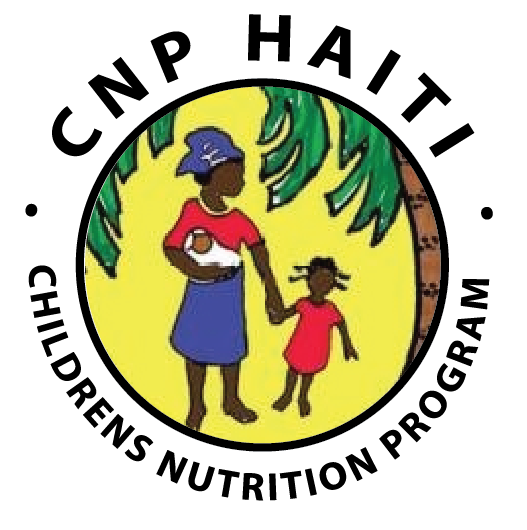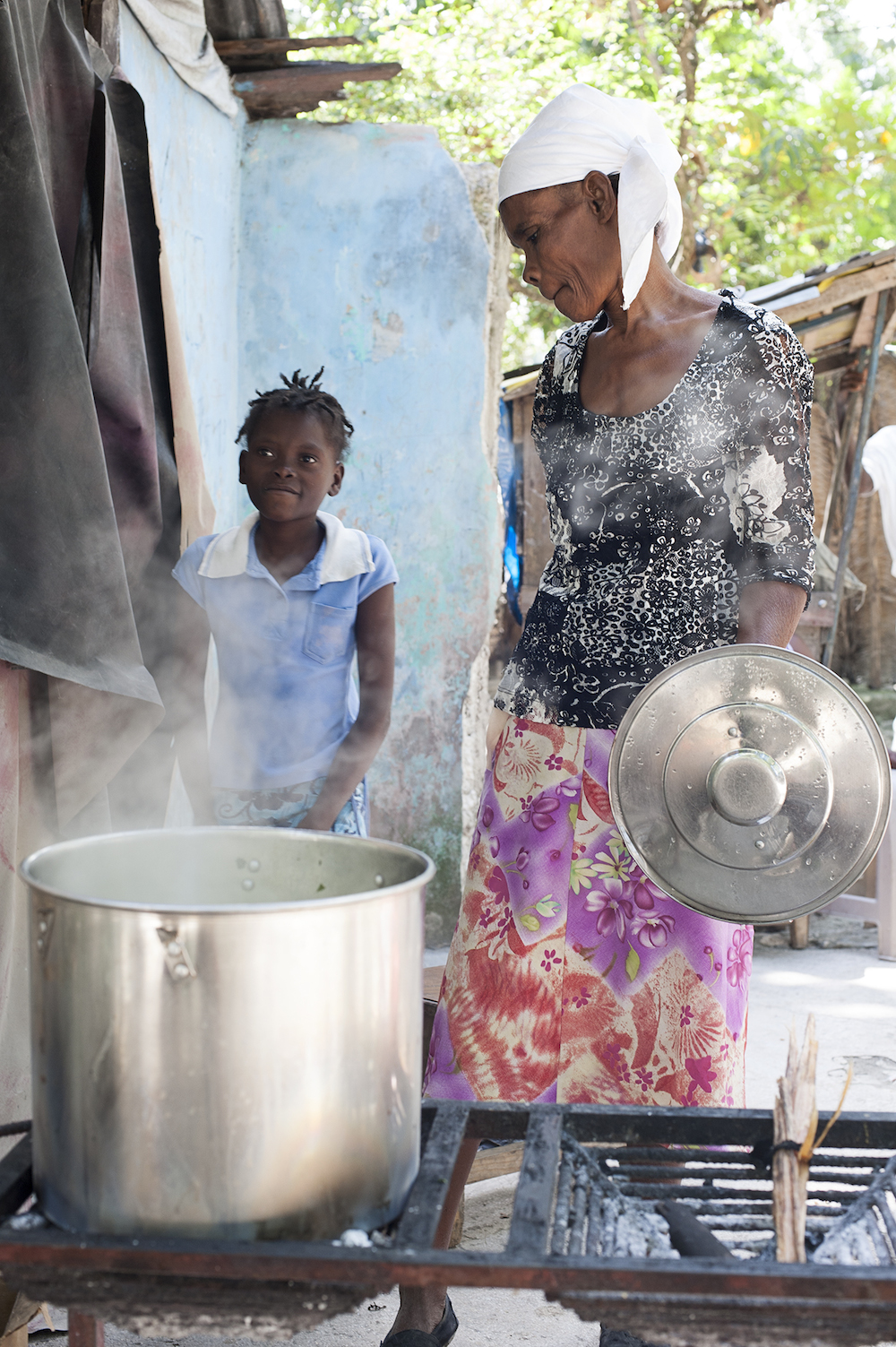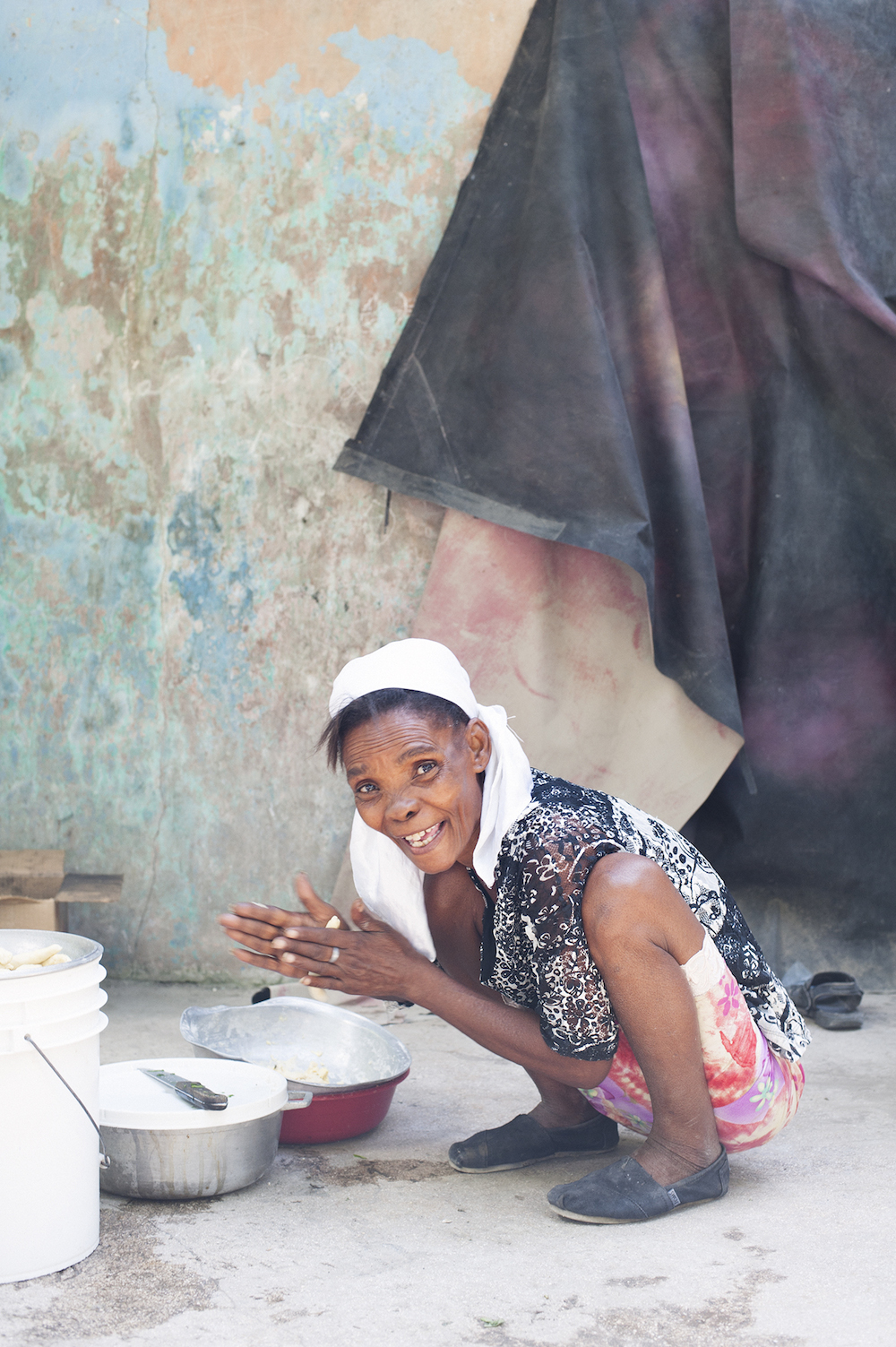
Positive Deviance Hearth
What is PD HEARTH?
Positive Deviance Hearth (PD Hearth), locally known as Ti Fwaye, is a well-established method for sustainably reducing malnutrition in young children using community knowledge. It is a community based rehabilitation and behavior change intervention targeted at families with underweight children aged 6 to 59 months.
How does PD Hearth work?
The method is based on the knowledge that in every village there are poor mothers whose children are well nourished and healthy compared to their neighbors of the same socioeconomic status. CNP/Kore Timoun monitrices identify these positive deviant mothers and determine what practices they are employing to keep their families healthy. The monitrices then ask these mothers to volunteer their time to help transfer these positive practices to others in the community. This process identifies affordable, acceptable, effective, and sustainable practices that are already used by mothers or caregivers with children at risk of malnutrition and that do not conflict with local culture. Through learning what their neighbors with equally limited resources are doing to prevent malnutrition, families are empowered to adopt better practices even with very limited access to health services.
These lessons are shared in the ‘hearth’ or home of the volunteer mothers in a 10-day program with the mothers/caregivers of the community whose children are underweight or recently graduated from our supplementary food program. Throughout the sessions parents learn to cook nutritious and affordable meals using locally available ingredients and incorporating wisdom from the volunteer mother. CNP/Kore Timoun monitrices also give health education lessons on topics such as nutrition, hygiene, family planning, and more.
Why does PD Hearth Work?
PD Hearth is an effective approach to sustainably reducing child malnutrition for a number of reasons:
- Discovering local solutions – The Positive Deviance approach helps community members discover that they already have the solutions to preventing malnutrition and do not need outside resources.
- Participatory adult learning – The preparation stage involves the community from the start, which encourages community ownership of the project. Moreover, Hearth sessions give caregivers the opportunity to actively learn and practice new child feeding and care behaviors in a supportive environment.
- Seeing is believing – During the 10 days of Hearth, previously malnourished children begin to gain weight, develop a better appetite and improve in overall health and energy level. This transformation is the best evidence that the Positive Deviance Hearth project works, and motivates families to continue these practices at home.


